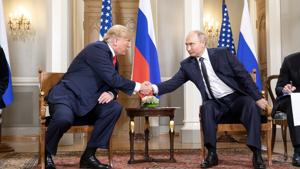U.S. consumers to pay 55% of tariff costs, Goldman Sachs says
U.S. consumers will end up paying the bulk of the cost for President Donald Trump’s tariffs, according to a report from Goldman Sachs.
The report undercuts repeated claims from the White House that foreign nations will pay the costs of the new import duties.
Goldman Sachs economists said American consumers will pay 55% of tariff costs, U.S. businesses will pay 22% and foreign exporters will pay 18%.
Goldman Sachs economists said U.S. firms are expected to pass costs onto consumers in the coming months, according to media reports.
“At the moment, however, U.S. businesses are likely bearing a larger share of the costs because some tariffs have just gone into effect and it takes time to raise prices on consumers and negotiate lower import prices with foreign suppliers,” the Goldman Sachs note said.
The Trump administration has repeatedly said that foreign governments would pay the tariffs.
“The President and Administration’s position has always been clear: while Americans may face a transition period from tariffs upending a broken status quo that has put America Last, the cost of tariffs will ultimately be borne by foreign exporters,” White House Spokesman Kush Desai said. “Companies are already shifting and diversifying their supply chains in response to tariffs, including by onshoring production to the United States.”
The White also blamed high prices on former President Joe Biden.
“Americans can rest assured that the Administration will continue to deliver economic relief from Joe Biden’s inflation crisis while laying the groundwork for a long-term restoration of American Greatness,” Desai said
The White House has previously denied that tariffs would raise consumer prices or that American companies would bear the higher costs.
“The reality is the president has always maintained that Chinese producers will be absorbing the cost of these tariffs,” White House press secretary Karoline Leavitt said during a briefing in May. “The president is committed to ensuring that prices remain low for American consumers andhe maintains the position that foreign countries will absorb these tariffs.”
Trump has told businesses that he doesn’t want them to raise prices. He wants businesses to absorb the loss without passing on the higher prices to consumers.
Shortly after Walmart announced that it would raise prices throughout its stores in May, Trump told the world’s largest retailer to “eat it.”
Economists, businesses and some publicly traded companies have warned that tariffs could raise prices on a wide range of consumer products.
Trump has said he wants to use tariffs to restore manufacturing jobs lost to lower-wage countries in decades past, shift the tax burden away from U.S. families, and pay down the national debt.
A tariff is a tax on imported goods paid by the person or company that imports the goods. The importer can absorb the cost of the tariffs or try to pass the cost on to consumers through higher prices.
Latest News Stories

Everyday Economics: CPI takes center stage as tariff-driven price pressures mount

100 Women Who Care donates $4,800 to Casey Township Library

Net negative migration is harmful to the economy, economists say
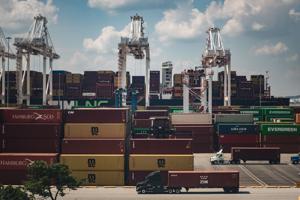
Details pending on billions in foreign investments coming from trade deals
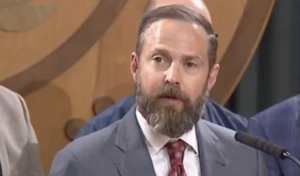
Texas House sues six Democrats absconding in California

With antisemitism on the rise, a glimmer of hope at Jewish delis

‘Exactly what we need’: First expedited coal lease advances

In six months, ICE arrests 350 gang members in Houston
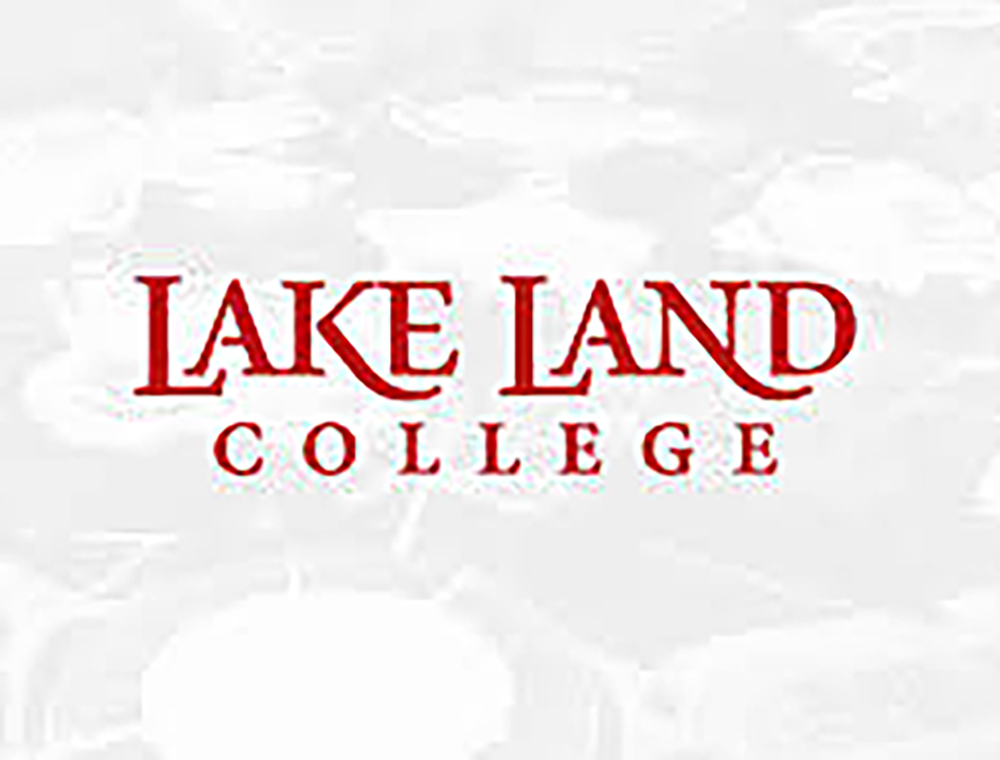
Faculty Union Asks for Delay, But Lake Land Board Approves New Stipends and Postpones Grievance Response

Multiple briefs filed with Texas Supreme Court in Abbott lawsuit against Wu
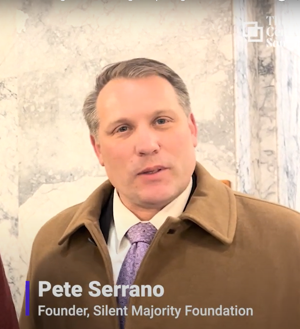
Pasco Mayor Pete Serrano to take Trump appointment as Eastern WA U.S. attorney

President Trump hosts Armenia, Azerbaijan for peace treaty signing
